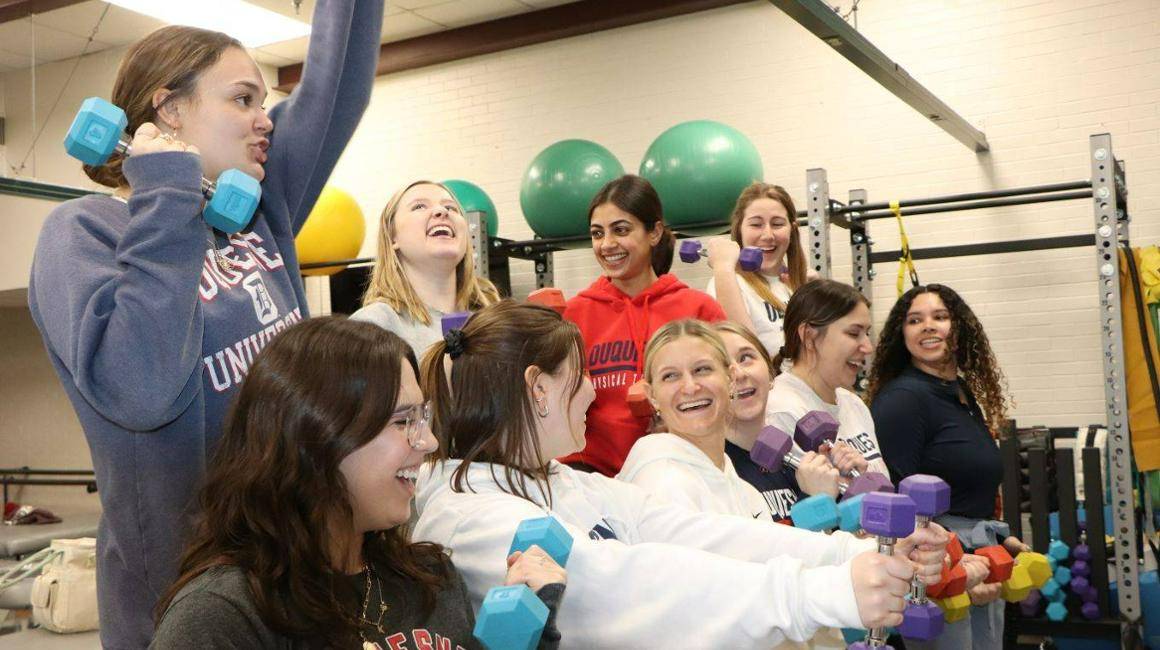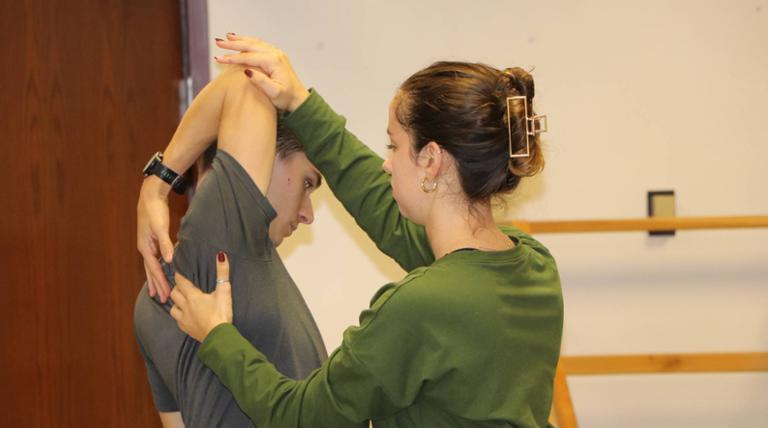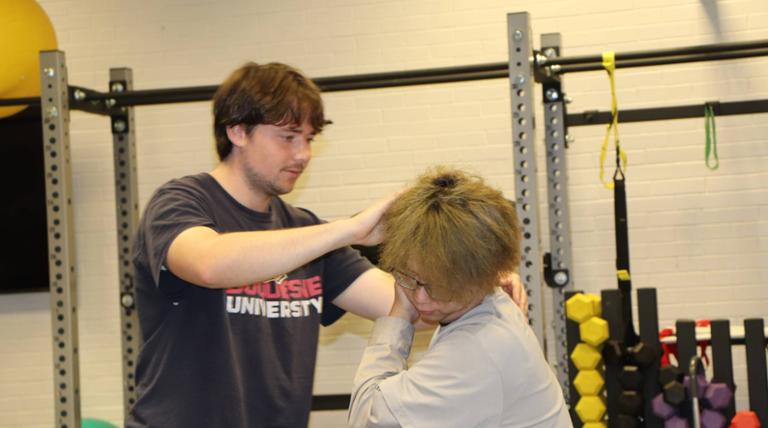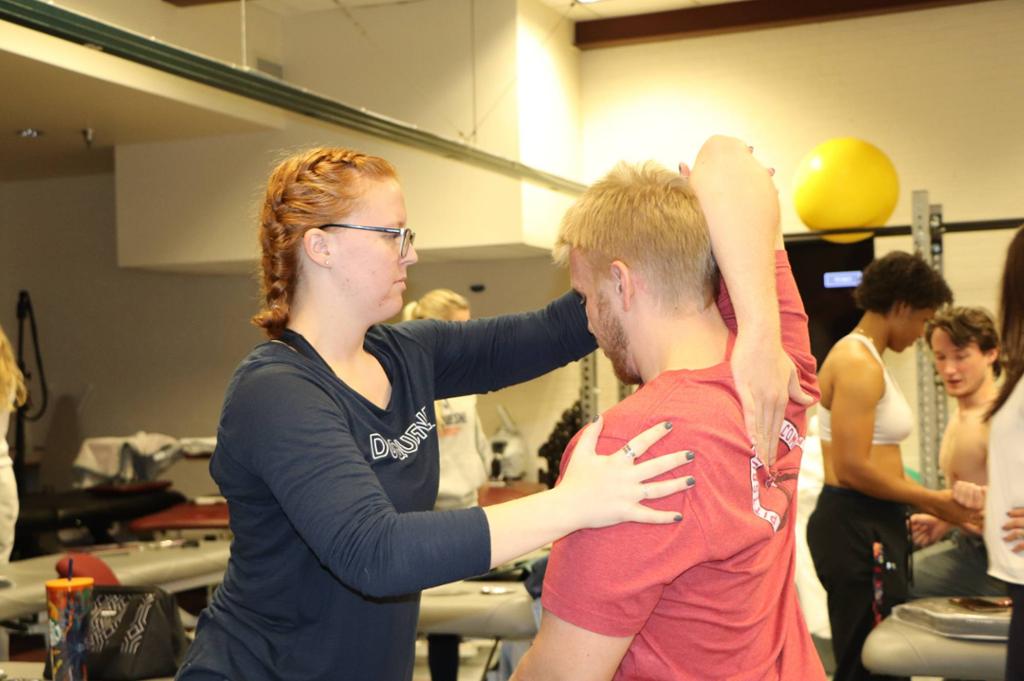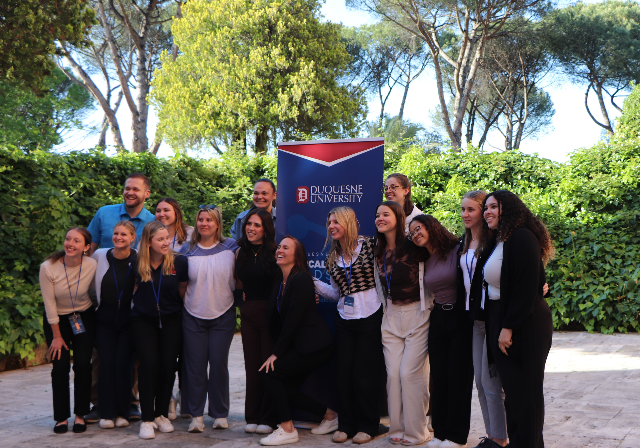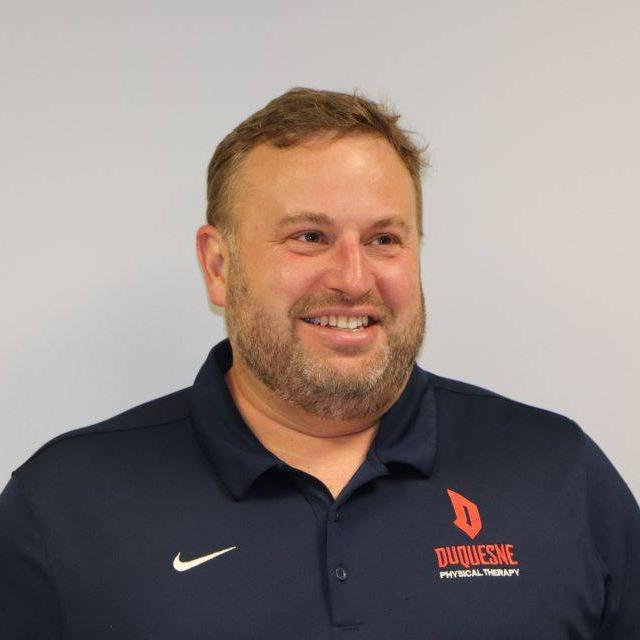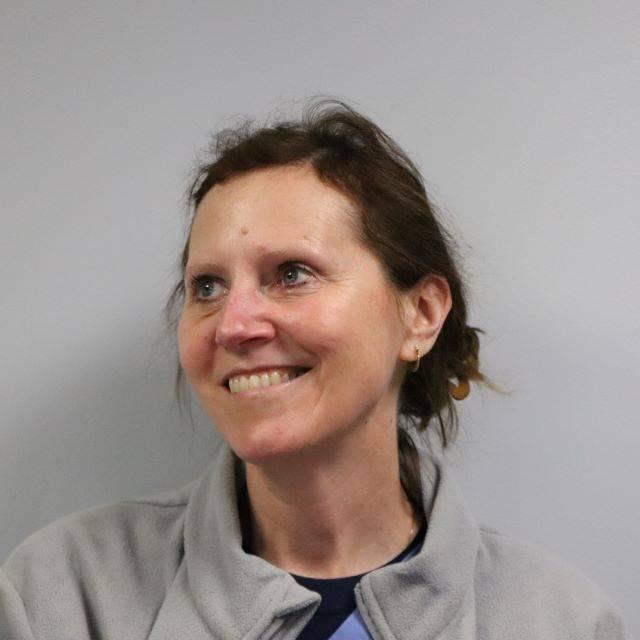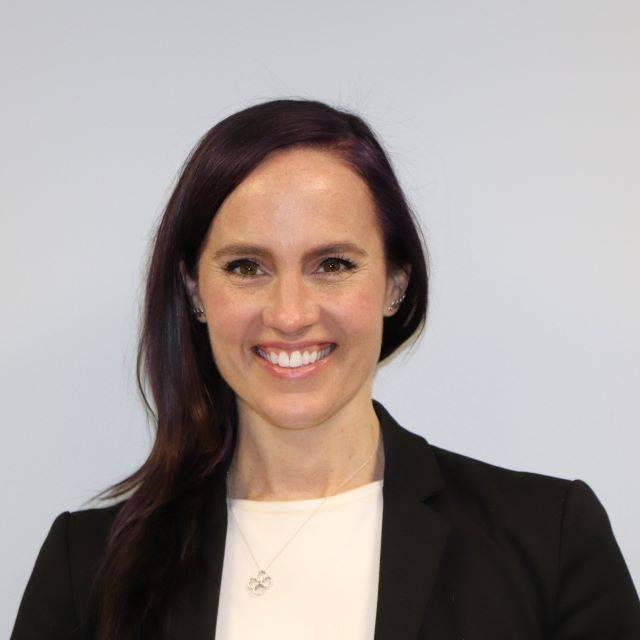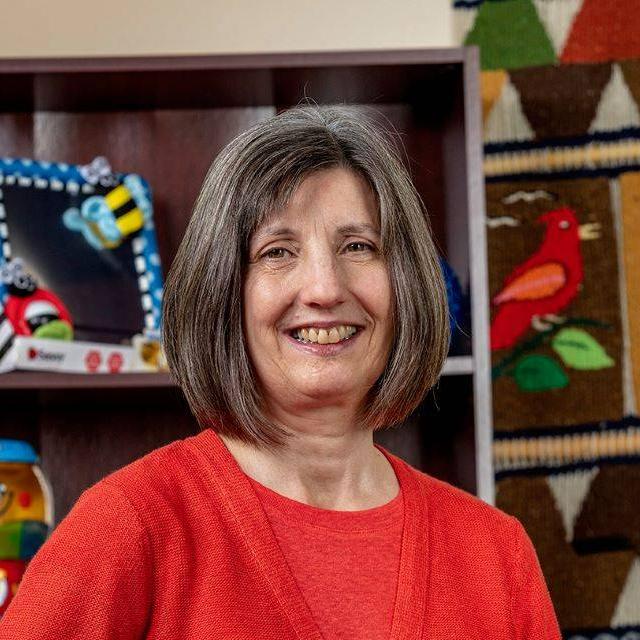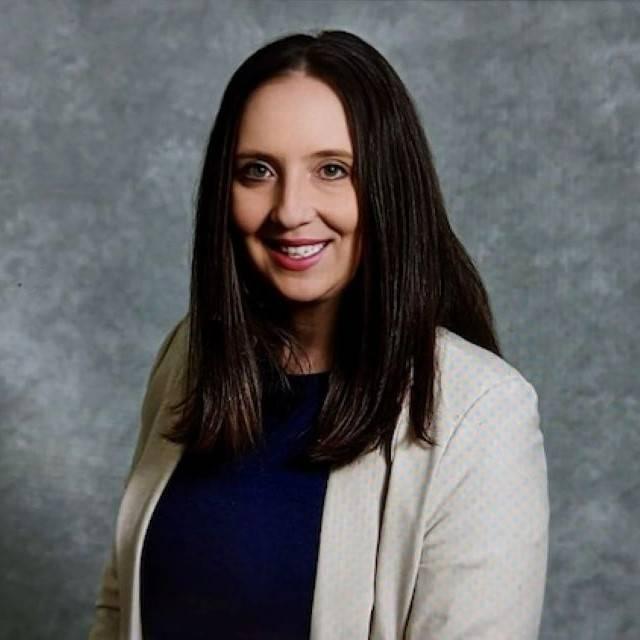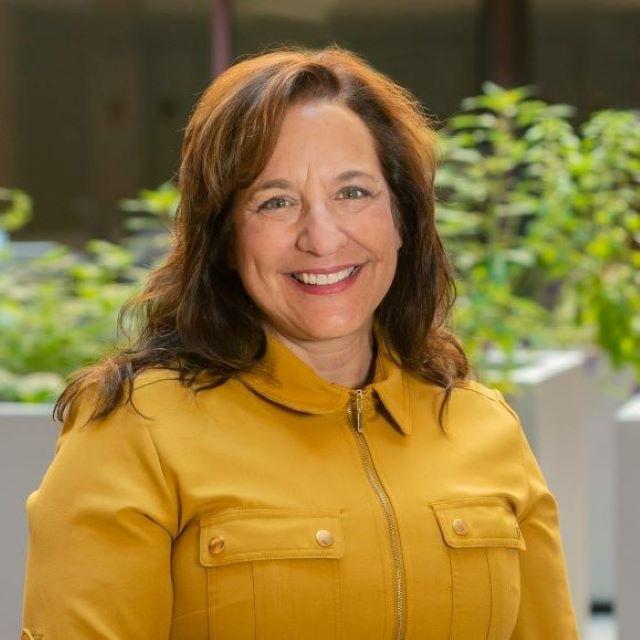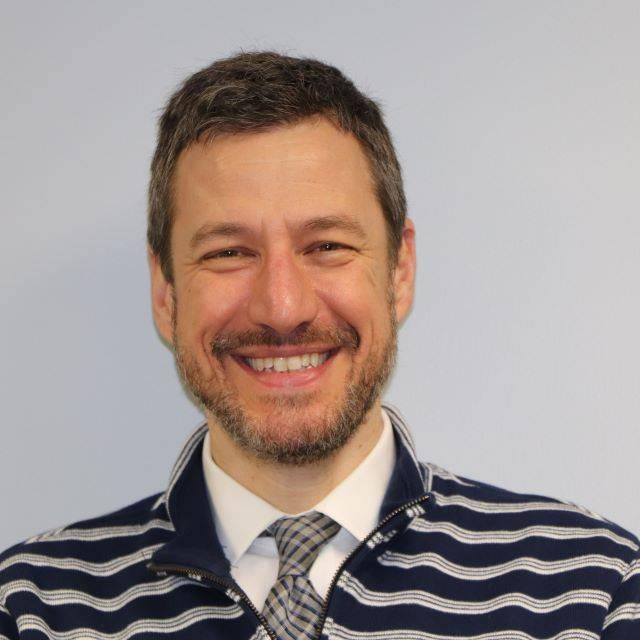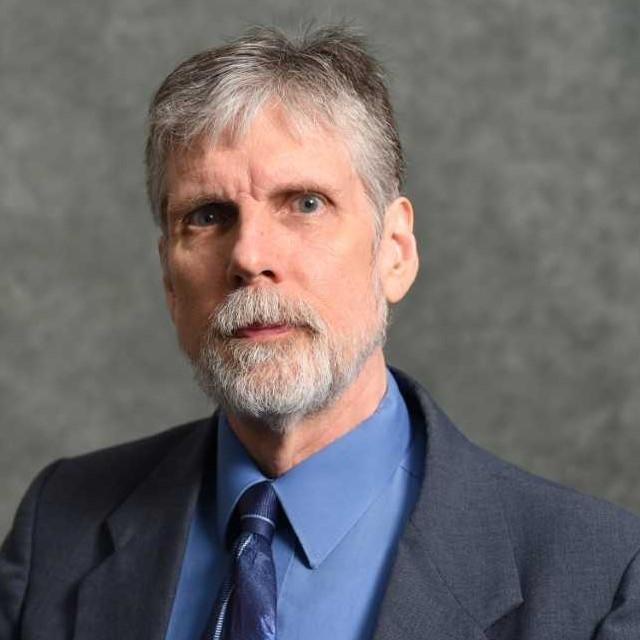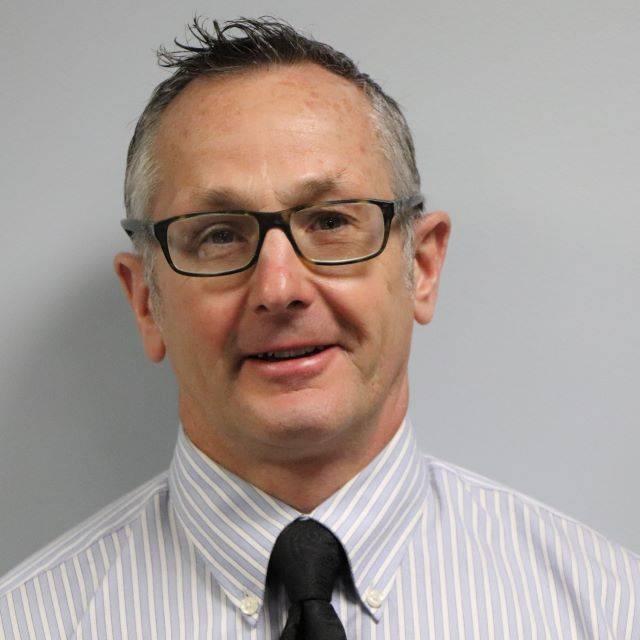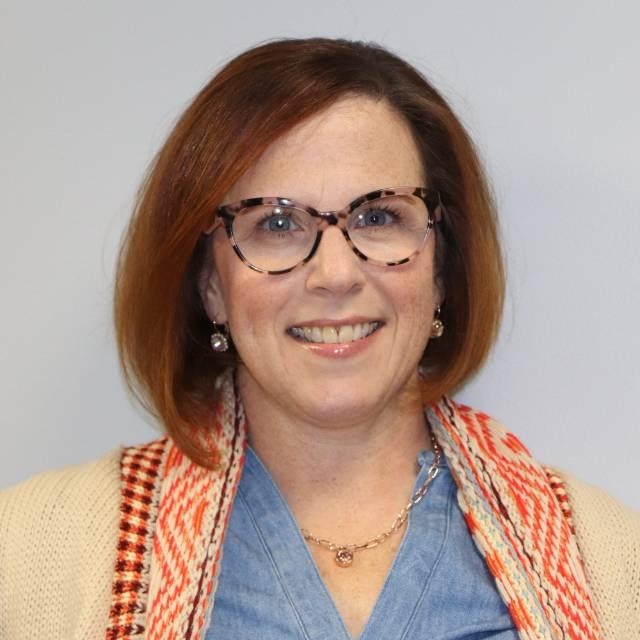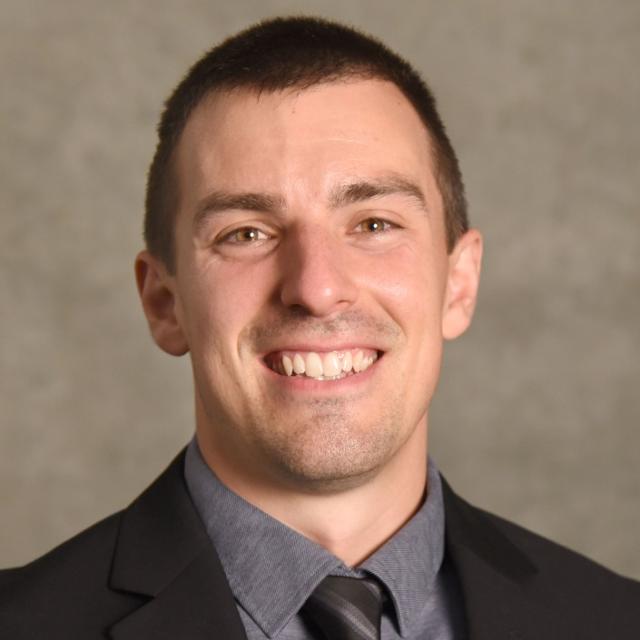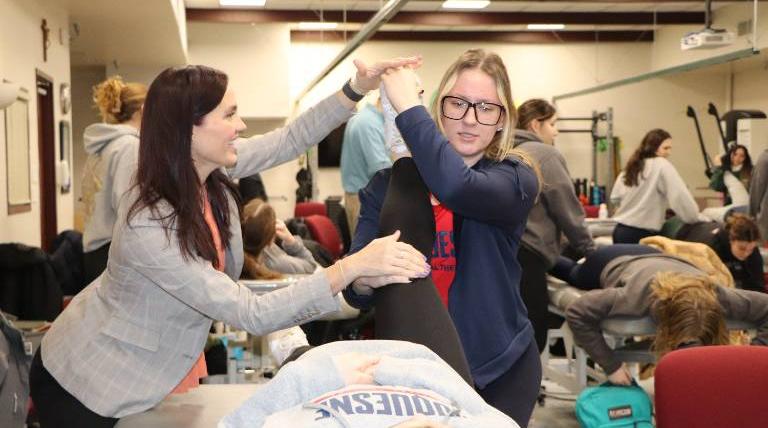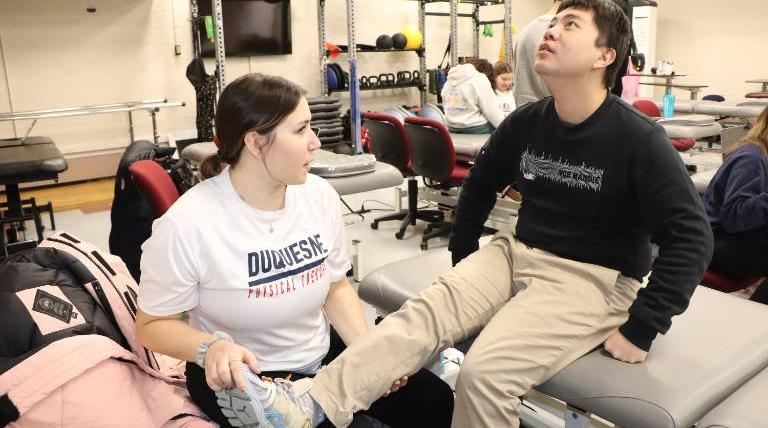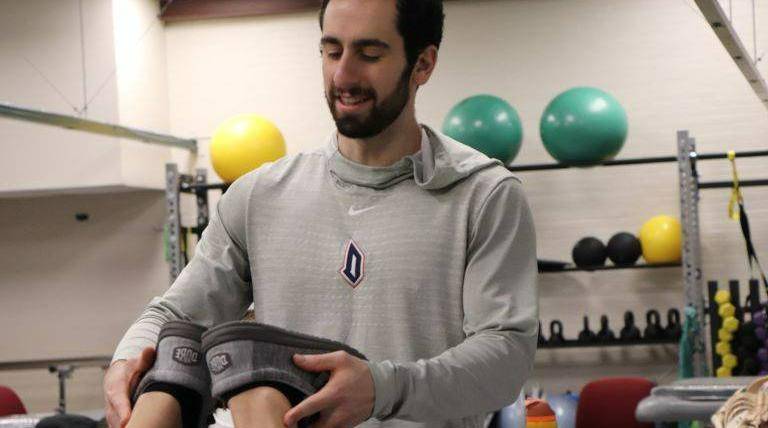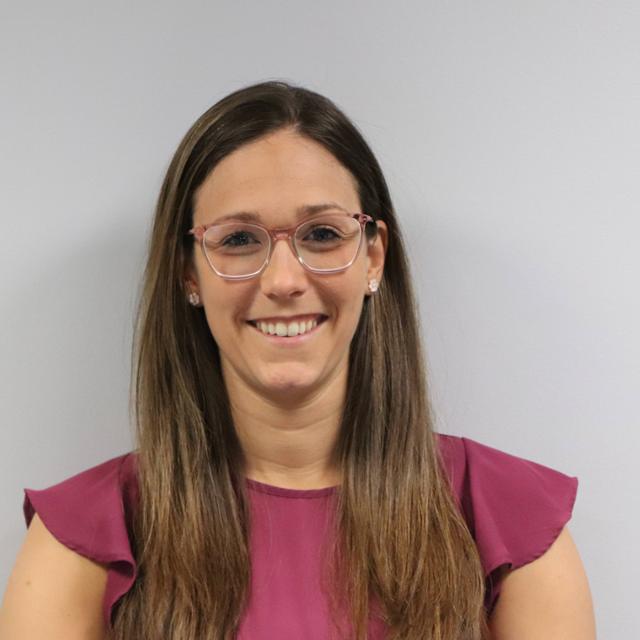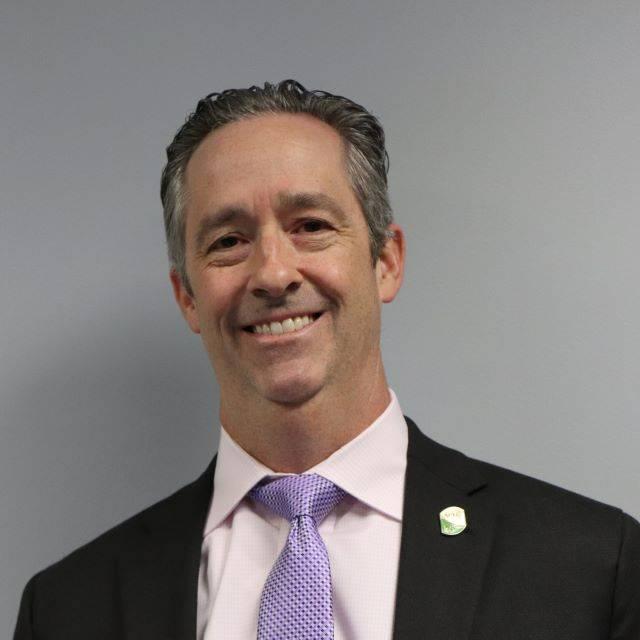Making an Impact on the Lives of Others
Duquesne’s Physical Therapy program offers a personal, hands-on, practical, and passionate approach to learning. Students have the unique opportunity to learn from a decorated and renowned faculty who are world leaders in their respective fields.
The learning spaces have been re-imagined with state-of the art equipment and thoughtful design that is highlighted by our brand new anatomy lab and our Physical Therapy Skills lab. Student learning extends beyond the traditional classroom with opportunity for clinical placements at facilities that are respected as the top in the country and in the world. This includes study abroad experiences during the professional phase of our program in Rome and Dublin that offer a global perspective on physical therapy practice.
Throughout the curriculum students learn to apply principles of basic and clinical sciences into the art of becoming a caring, compassionate, and skilled physical therapists who are are prepared to succeed and prosper as Doctors of Physical Therapy.


